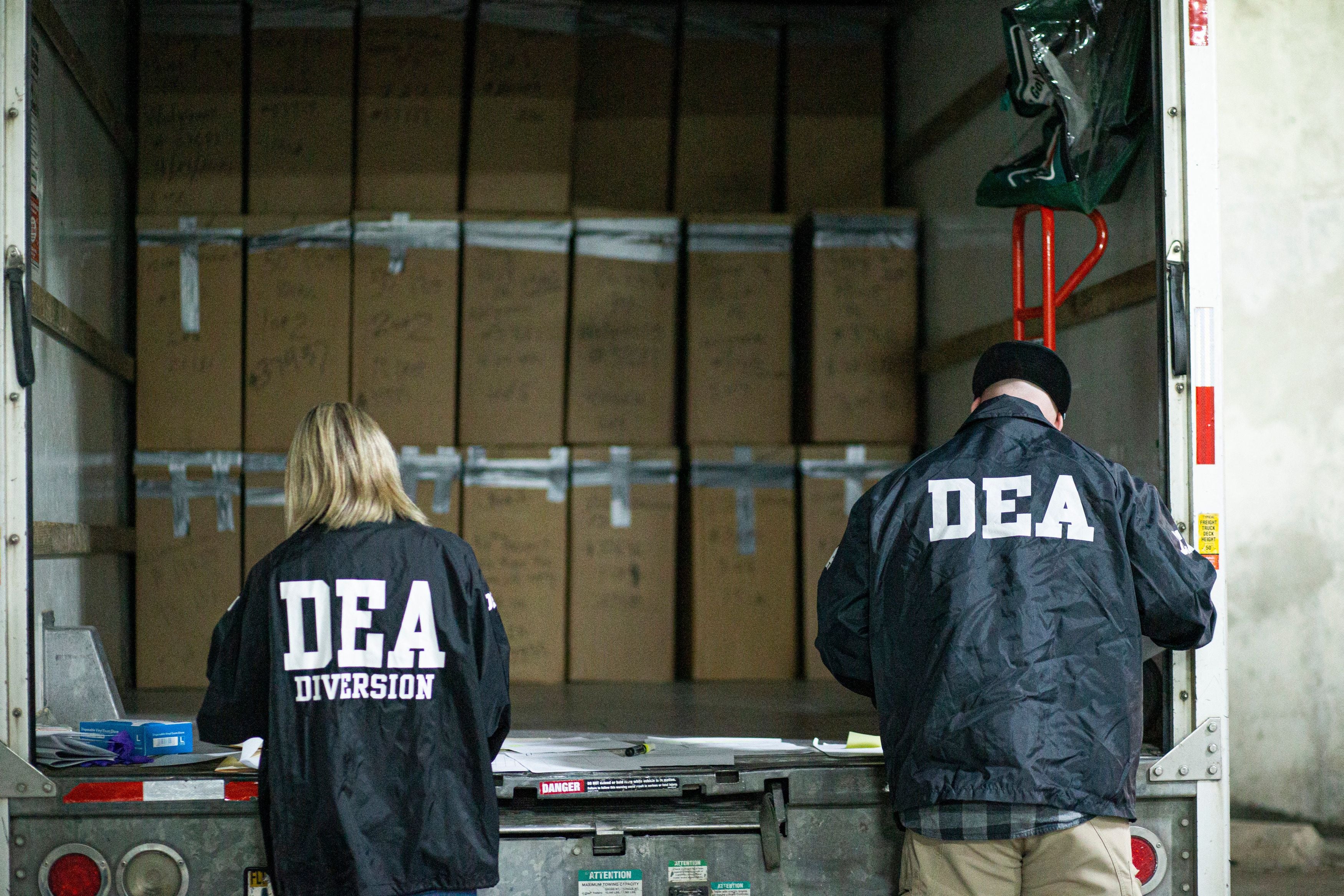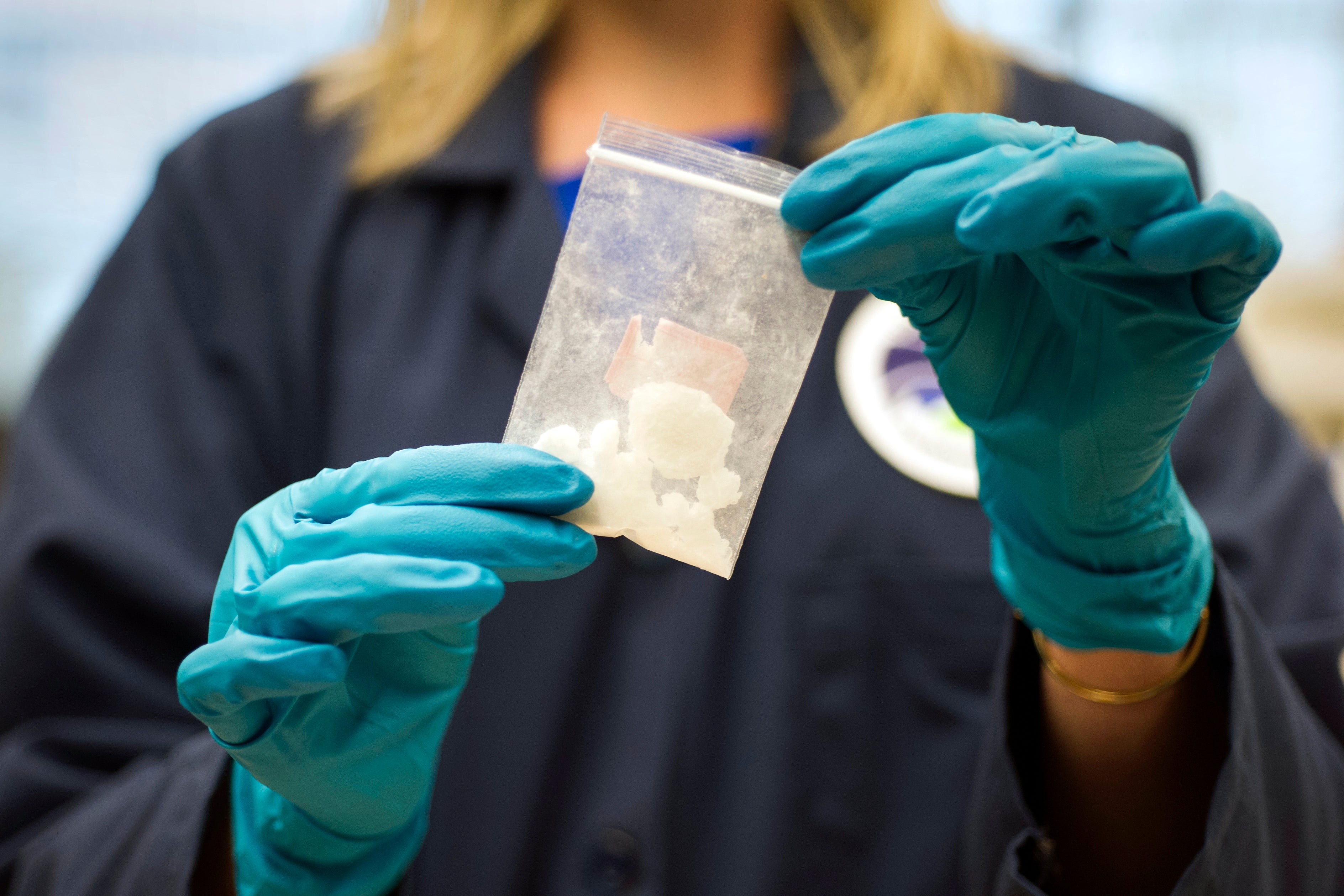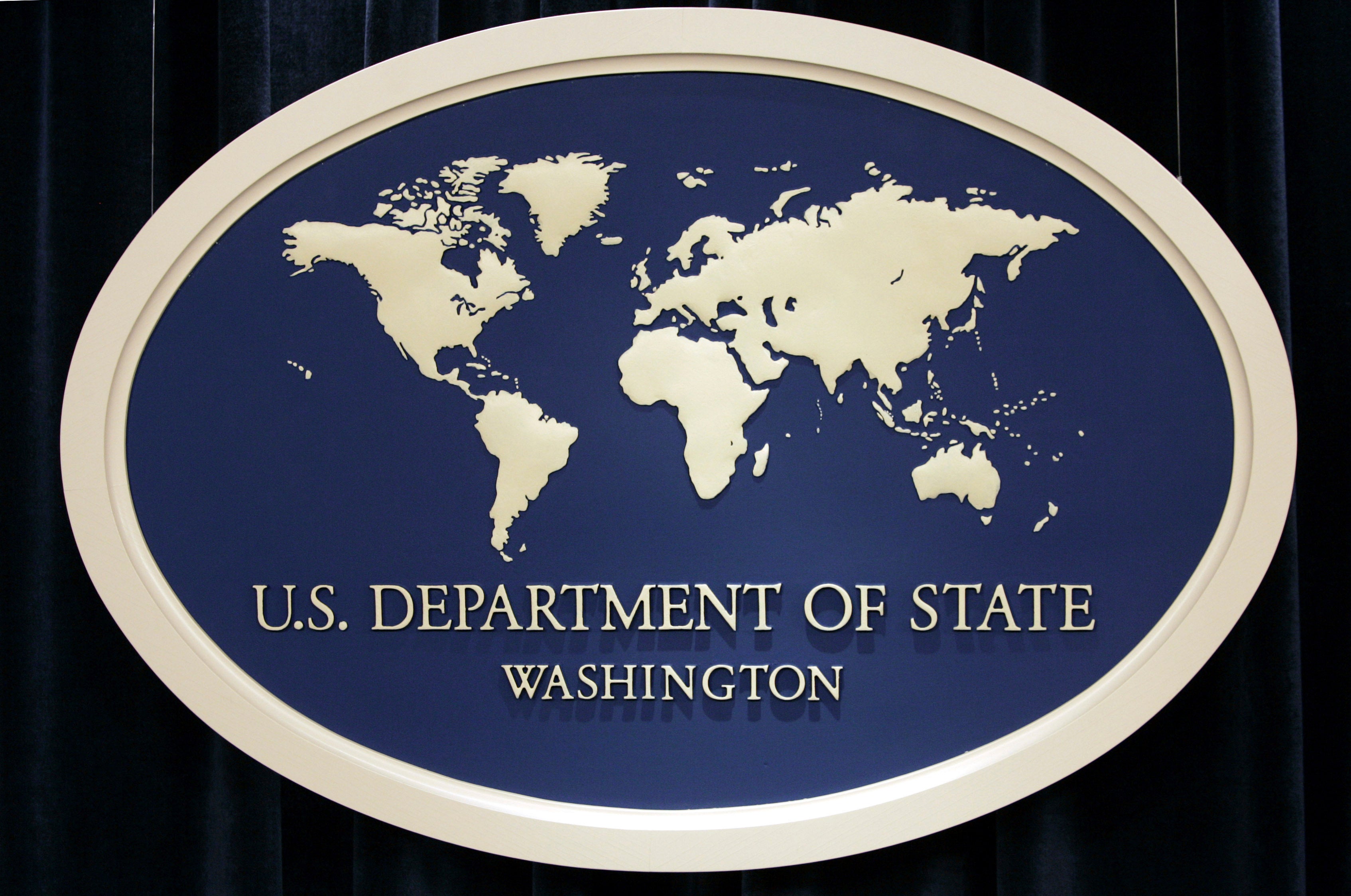DEA ignored waterboarding, torture by Latin American police partners, says watchdog
The US Drug Enforcement Administration allegedly failed to properly report flagrant human rights violations which also included pistol-whipping, and Tasing suspects until they blacked out or vomited

Your support helps us to tell the story
From reproductive rights to climate change to Big Tech, The Independent is on the ground when the story is developing. Whether it's investigating the financials of Elon Musk's pro-Trump PAC or producing our latest documentary, 'The A Word', which shines a light on the American women fighting for reproductive rights, we know how important it is to parse out the facts from the messaging.
At such a critical moment in US history, we need reporters on the ground. Your donation allows us to keep sending journalists to speak to both sides of the story.
The Independent is trusted by Americans across the entire political spectrum. And unlike many other quality news outlets, we choose not to lock Americans out of our reporting and analysis with paywalls. We believe quality journalism should be available to everyone, paid for by those who can afford it.
Your support makes all the difference.The US Drug Enforcement Administration (DEA) allegedly failed to properly report flagrant human rights violations by partner law enforcement agencies in Latin America, which included waterboarding, pistol-whipping, and Tasing suspects until they blacked out or vomited.
That’s according to a management advisory memorandum released on Tuesday by the Justice Department’s Office of Inspector General (OIG), an internal watchdog that investigates potential wrongdoing within the ranks.
The 10-page memorandum highlights five specific instances in which foreign police officers working in specialized DEA units abroad confessed during routine vetting to having committed “gross violations of human rights.” However, according to the OIG, DEA officials withheld that information from the State Department for up to nine months, contrary to a regulation known as the “Leahy Law.”
The Leahy Law, named for former Sen. Patrick Leahy (D-VT), its principal sponsor, prohibits the federal government from providing training, equipment, or other assistance to foreign security forces credibly accused of gross human rights violations. The DEA conducts bilateral operations with numerous nations worldwide and thoroughly screens foreign law enforcement, military, or other government personnel interested in joining those units.
Candidates must pass a background check, a drug test, and a polygraph exam, the latter two of which get repeated every three years, according to the OIG memorandum. Violators must be disclosed to the State Department “as soon as possible,” to ensure US funding doesn’t get misused.

While conducting an ongoing audit of the DEA’s polygraph program, OIG investigators “identified five instances where the DEA did not notify, within a reasonable period, the proper authorities” about foreign law enforcement officials who confessed to gross human rights violations during routine lie detector tests.
In January 2023, the OIG memorandum says a law enforcement officer from an unnamed Central American country was polygraphed as part of the vetting process to join a DEA unit.
“During the examination, the individual admitted to being a witness or participating in approximately 40 potential [gross violations of human rights] between 2015 and 2018 while serving on a foreign police unit,” the memorandum says. “The foreign law enforcement officer’s admissions included hitting, kicking, and beating detained suspects with a rifle and witnessing other foreign law enforcement officers torturing suspects by placing plastic bags over their heads to suffocate them and shocking them with tasers until the suspects passed out or vomited.”
Yet, according to the OIG, the DEA did not officially notify the State Department of this until October 2023, some 266 days later, the memorandum explains. In the interim, the officer in question was approved to receive training from another US agency, which is not identified in the memo.
In March 2023, three law enforcement officers from an also-unidentified Central American country underwent polygraph exams to join a local DEA unit, the OIG report says. Under questioning, the trio admitted to “water boarding [sic] and suffocating arrestees by placing plastic bags over their heads to obtain information, kicking suspects in custody, and beating suspects with batons while they were held at the police station.”
The DEA, in this case, waited 212 days before notifying the State Department of the evidence it had procured, according to the OIG.

In August 2023, a foreign law enforcement official who was already a member of a specialized DEA unit in an unnamed South American country was being re-polygraphed as part of the process to remain on the team, the OIG memorandum says.
“During the examination, the foreign law enforcement officer admitted to beating a detained suspect handcuffed to a chair to obtain information while executing a search warrant,” the memo goes on. “The day after the polygraph examination, the DEA notified the SIU Commander about the admissions and the individual was removed from the DEA’s SIU. However, we determined that the DEA did not make notification of the incident to officials at the State Department and U.S. Embassy until October 6, 2023, 51 days later.”
In each case, internal DEA emails reviewed by the OIG revealed that the notifications had only been made because agency brass knew they were under audit, the memorandum alleges. It says DEA higher-ups told OIG investigators that the extensive delays had occurred because the agency “did not have formalized policies” in place for reporting gross human rights violations by foreign candidates.

“As the foregoing five cases demonstrate, without such policies and procedures, the U.S. government could be actively supporting foreign individuals and units after having learned that they engaged in potential violations of human rights,” the memo states.
In its response to the OIG’s findings, which is included at the end of the memorandum, the DEA said that although there is no standardized definition of what constitutes “timely” reporting, it will work to make certain all evidence of human rights violations by foreign partners is reported quickly. The agency said it is in the process of formalizing a policy to ensure violators are removed promptly, and DEA personnel serving abroad will be retrained on Leahy Law requirements.
Last week, the DOJ OIG released the results of an audit of the DEA’s pre-employment polygraph practices, finding the agency “did not properly utilize the results of pre-employment and other polygraph exams to help identify and mitigate potential insider threat and security risks to the organization, both domestically and abroad.” According to the audit, OIG investigators found DEA employees, task force officers, contractors, and foreign partners who had not passed a polygraph but were hired on anyway.
It said others were onboarded after making “potentially disqualifying disclosures” during their polygraphs, and that DEA special agents, intelligence research specialists, and contractors who had “indicated deception” during polygraph exams were still given access to sensitive and classified materials.
The DEA did not immediately respond to The Independent’s request for comment.